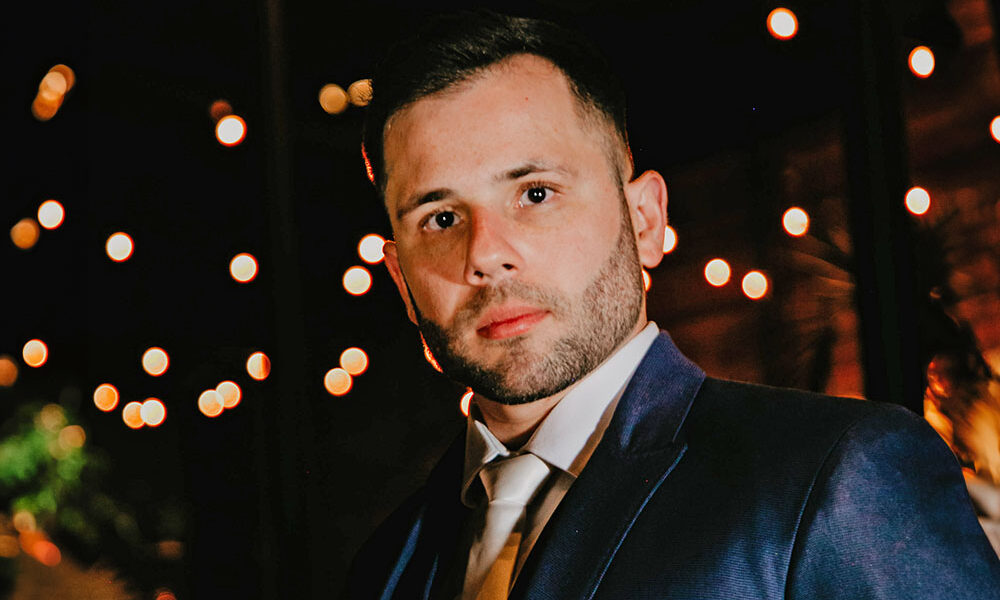MONEY-HUNGRY crooks are “infiltrating” WhatsApp groups to hunt for victims, police have warned.
Brits need to be on high alert for the dangerous attack after hundreds reported being conned on the app.
4
The scam starts innocently enough: a member of the group will get a mysterious WhatsApp call.
It’s the fraudster disguising themselves as another member of your group.
They’ll typically use a fake profile picture and display name, letting them look just like a fellow group member.
“This is done to gain the individual’s trust,” the City of London Police warn.
Then the fraudster will tell you that they’re sending you a one-time code to let them join an upcoming video call.
You’ll be asked to share this code with them so they can be “registered” for that call.
It’s a total scam: they’re asking for your own registration code to add your WhatsApp account to their device.
Once they’ve done that, they’ll add two-step verification – effectively locking you out of your account for good.
“Other members of the group, or friends and family in the victim’s contacts, will then be messaged asking them to transfer money urgently as they are in desperate need of help,” the City of London Police explained.
There’s no exact amount of money they’ll be after – just as much as they can grab from your family or friends before being caught out.
Then they’ll break into more accounts and continue the cycle, potentially racking up huge sums of money.
Almost anyone can be targeted by this sinister WhatsApp scam.
“Fraudsters still find ways to infiltrate these platforms,” said Detective Superintendent Gary Miles, of the City of London Police.
“Sadly, anyone can be become a target for fraud.”

4
Miles, who heads up the National Fraud Intelligence Bureau, said that his team had already received hundreds of reports this year.
And he urged Brits to be “on their guard” on WhatsApp, especially anyone in big group chats.
“To keep yourself safe from fraud, never share your account details or any passcode or verification codes with anyone,” the police boss explained.
“If you think you are being targeted, report the message and block the sender within WhatsApp.
WHATSAPP’S TOP SECURITY TIPS REVEALED

Here’s the official list of security tips from WhatsApp…
- Never share your registration code or two-step verification PIN with others.
- Enable two-step verification and provide an email address in case you forget your PIN.
- Set a voicemail password on your phone that’s difficult to guess to prevent anyone from accessing your voicemail.
- Check your linked devices regularly. Go to WhatsApp Settings > Linked Devices to review all devices linked to your account. To remove a linked device, tap the device > Log Out.
- Set a device code and be aware of who has physical access to your phone. Someone who has physical access to your phone might use your WhatsApp account without your permission.
Picture Credit: WhatsApp
“To make your account more secure, we advise setting up two-step verification to provide an extra layer of protection.”
To add two-step verification, go to Settings > Account > Two-Step Verification > Enable.
WhatsApp has plenty of security settings, but they can’t guarantee your safety.
You’ll need to be extremely careful when messaging other people, just in case you’re being scammed.

4
“All personal messages sent on WhatsApp are protected by end-to-end encryption, but we can all play a role in keeping our accounts safe,” a WhatsApp spokesperson said.
“We recommend that all users set up two-step verification for added security and advise people never to share their six-digit PIN code with others, not even with friends or family.
“If you receive a suspicious message (even if you think you know who it’s from), calling or requesting a voice-note is the fastest and simplest way to check that someone is who they say they are.”
It’s also worth setting up a safety word or phrase with close family in advance.

4
That way, if you’re ever asked for money, you can verify their identity with this special code.
If you think you’ve been a victim of cybercrime, you can report it to Action Fraud by calling 0300 123 2040. If banking is involved, contact your bank or credit card provider as soon as possible.









